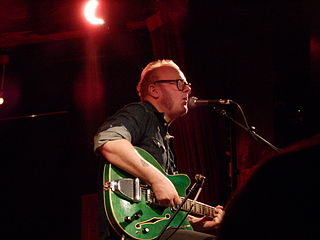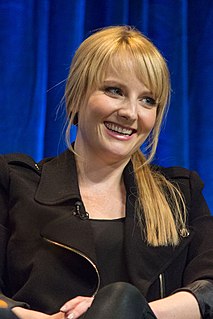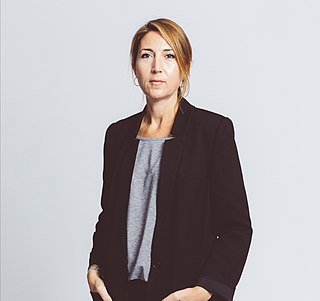A Quote by Katherine Paterson
That was the rule that you never mixed up troubles at home with life at school. When parents were poor or ignorant or mean, or even just didn't believe in having a TV set, it was up to their kids to protect them.
Related Quotes
The idea of being at home and picking up kids from school and cooking dinner and then the husband comes home - there's something that seems really nice to me 'cause I never had that growing up. And it seems so enticing. But in my mind, I'm like, 'Well, I'll just play that in a movie and go about my own life, bizarre as it is.'
I spent a lot of time in boarding school. This is something I will never do to my kids. I think if you're having kids, then you have to take care of them; otherwise, what's the point? There are many things that parents say are good for the kids, but the truth is they say that because it is good for the parents.
Teenagers talk about the idea of having each other's 'full attention.' They grew up in a culture of distraction. They remember their parents were on cell phones when they were pushed on swings as toddlers. Now, their parents text at the dinner table and don't look up from their BlackBerry when they come for end-of-school day pickup.



































